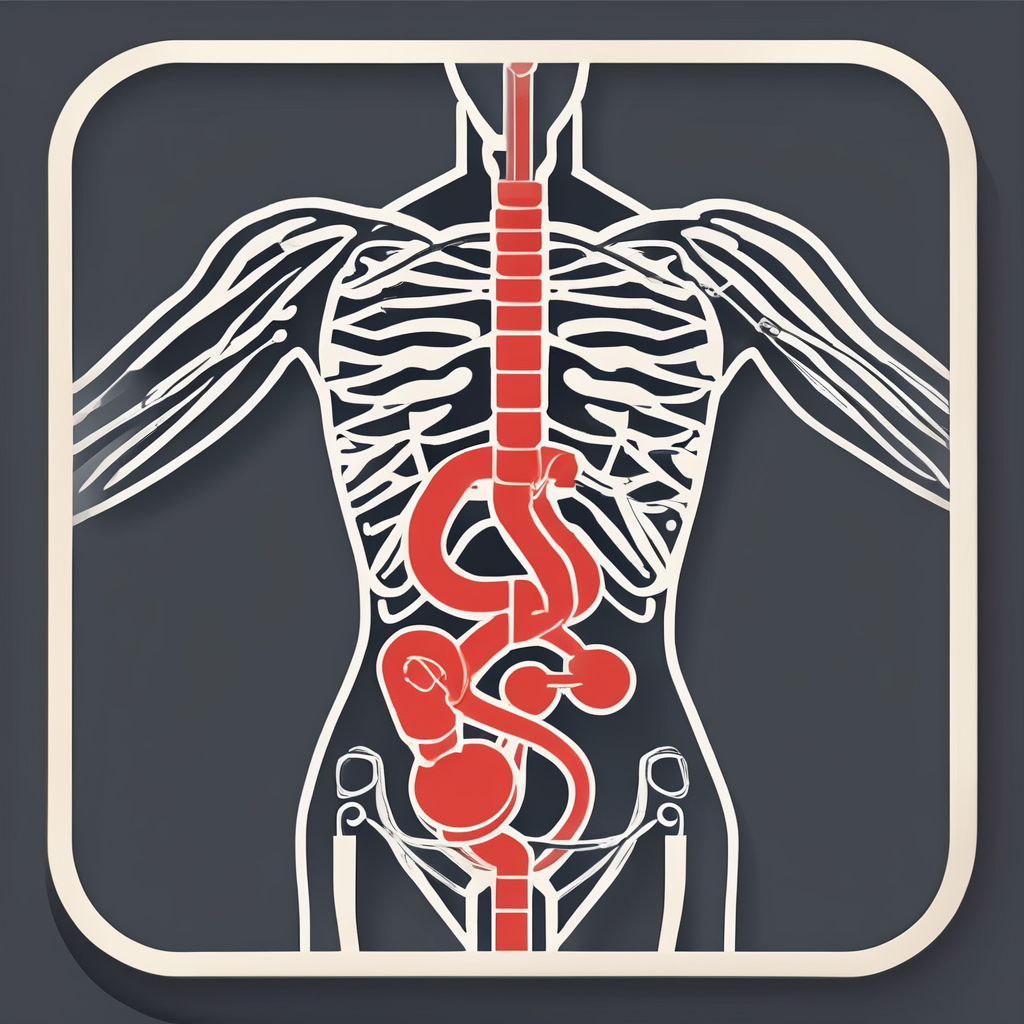In today’s fast-paced world, maintaining optimal cognitive health is more important than ever. As we navigate our daily lives, our brain’s function plays a critical role in decision-making, memory retention, and overall mental agility. The foods we consume can significantly influence our brain health and cognitive function. In this article, we will explore various foods that are scientifically recognized as brain boosters, understand how they contribute to enhanced cognitive performance, and provide practical tips on incorporating them into your daily diet.
The Power of Omega-3 Fatty Acids
Omega-3 fatty acids are essential fats that are vital for brain health. These healthy fats are not produced by the body, which means we must obtain them through our diet. They are primarily found in fatty fish such as salmon, mackerel, and sardines, as well as in flaxseeds, chia seeds, and walnuts. Omega-3s play a crucial role in building brain cell membranes and have anti-inflammatory properties that protect the brain from oxidative stress.
Have you seen this : How can you effectively integrate mindfulness practices into your daily routine for better mental health?
Research suggests that a diet rich in Omega-3 fatty acids can improve memory and mood, and may even reduce the risk of developing neurodegenerative diseases such as Alzheimer’s. To incorporate more Omega-3s into your diet, you might consider adding a serving of fish to your meals at least twice a week. If you are vegetarian or vegan, look to include plant-based sources like flaxseed oil in your smoothies or oatmeal. Additionally, snacking on a handful of walnuts can be a great way to boost your Omega-3 intake while satisfying your hunger.
Moreover, for those who find it challenging to consume enough Omega-3s through food alone, supplements are available as an option. However, it’s always advisable to consult a healthcare professional before starting any new supplement regimen. By making these small dietary adjustments, you can significantly enhance your memory and overall brain function.
Additional reading : Essential Tips for Successfully Transitioning Kids to a Plant-Based Diet
Antioxidants for Brain Protection
Antioxidants are compounds that help combat oxidative stress in the body, including the brain. They neutralize free radicals that can damage cells, including neurons. Foods rich in antioxidants, such as berries, dark chocolate, and leafy greens, can contribute positively to cognitive health.
Berries, particularly blueberries, are often dubbed as ‘superfoods’ due to their high levels of antioxidants. Studies have shown that blueberries may help improve memory and delay brain aging. Incorporating a variety of berries into your diet can be as simple as adding them to your morning yogurt or smoothie. Dark chocolate, which contains flavonoids, is another excellent source of antioxidants. It not only enhances mood but also improves blood flow to the brain, thereby boosting cognitive function. A square or two of dark chocolate daily can serve as a delicious treat while benefiting your brain.
Leafy greens such as spinach, kale, and broccoli are also packed with antioxidants and other vital nutrients like vitamins K and E, which are known to support brain health. A salad filled with these greens can be a refreshing addition to your meals. By integrating these antioxidant-rich foods into your diet, you can create a protective barrier for your brain, thereby promoting better cognitive performance and reducing the risk of age-related cognitive decline.
The Role of Vitamins and Minerals
Vitamins and minerals are fundamental to maintaining cognitive health and enhancing brain function. Specific vitamins, such as B vitamins, vitamin D, and vitamin E, play a significant role in brain health.
B vitamins, particularly B6, B12, and folate, are essential for brain development and function. They help produce neurotransmitters that regulate mood and memory. Foods rich in B vitamins include whole grains, eggs, dairy products, and leafy greens. Ensuring you consume a balanced intake of these foods can help improve overall brain health.
Vitamin D is another crucial nutrient that has been linked to cognitive function. It is primarily obtained through exposure to sunlight, but can also be found in fortified foods and fatty fish. Regularly including these foods in your diet can help maintain adequate vitamin D levels, potentially enhancing memory and mood.
Lastly, vitamin E, found in nuts, seeds, and vegetable oils, acts as an antioxidant that protects brain cells from damage. Integrating a variety of these foods into your diet is essential for optimal cognitive function. Consider snacking on a handful of almonds or adding spinach to your meals to help meet your vitamin and mineral needs.
Caffeine: A Cognitive Enhancer
Caffeine is a well-known stimulant found in coffee, tea, and certain energy drinks. It is often celebrated for its ability to enhance alertness and improve focus. Moderate caffeine intake can provide significant benefits for cognitive health, particularly in terms of memory and reaction time.
When consumed in moderation, caffeine can increase the release of neurotransmitters that facilitate communication between brain cells. This can lead to improved attention and cognitive performance during tasks that require concentration. However, it is crucial to consume caffeine responsibly. Excessive intake may lead to anxiety and disrupt sleep patterns, which can negatively impact overall brain health.
To incorporate caffeine into your diet healthily, consider enjoying a cup of coffee or tea during your morning routine. Opting for green tea can provide additional health benefits due to its antioxidants. If you are conscious of your caffeine levels, try to limit consumption to earlier in the day to avoid any sleep disturbances. By being mindful of your caffeine intake and choosing healthier sources, you can enjoy its cognitive benefits without compromising your overall health.
In conclusion, the foods we choose to include in our diet play a vital role in maintaining and enhancing our cognitive health. By focusing on incorporating Omega-3 fatty acids, antioxidants, vitamins, and minerals, along with moderate caffeine intake, you can significantly improve your brain function and memory. Simple dietary changes, such as adding fatty fish, berries, leafy greens, and nuts to your meals, can have a profound impact on your cognitive health.
As you make these adjustments, remember that a balanced diet, combined with a healthy lifestyle that includes regular exercise and adequate sleep, is essential for optimal brain function. By prioritizing your brain health, you can foster a sharper mind and a better quality of life.











